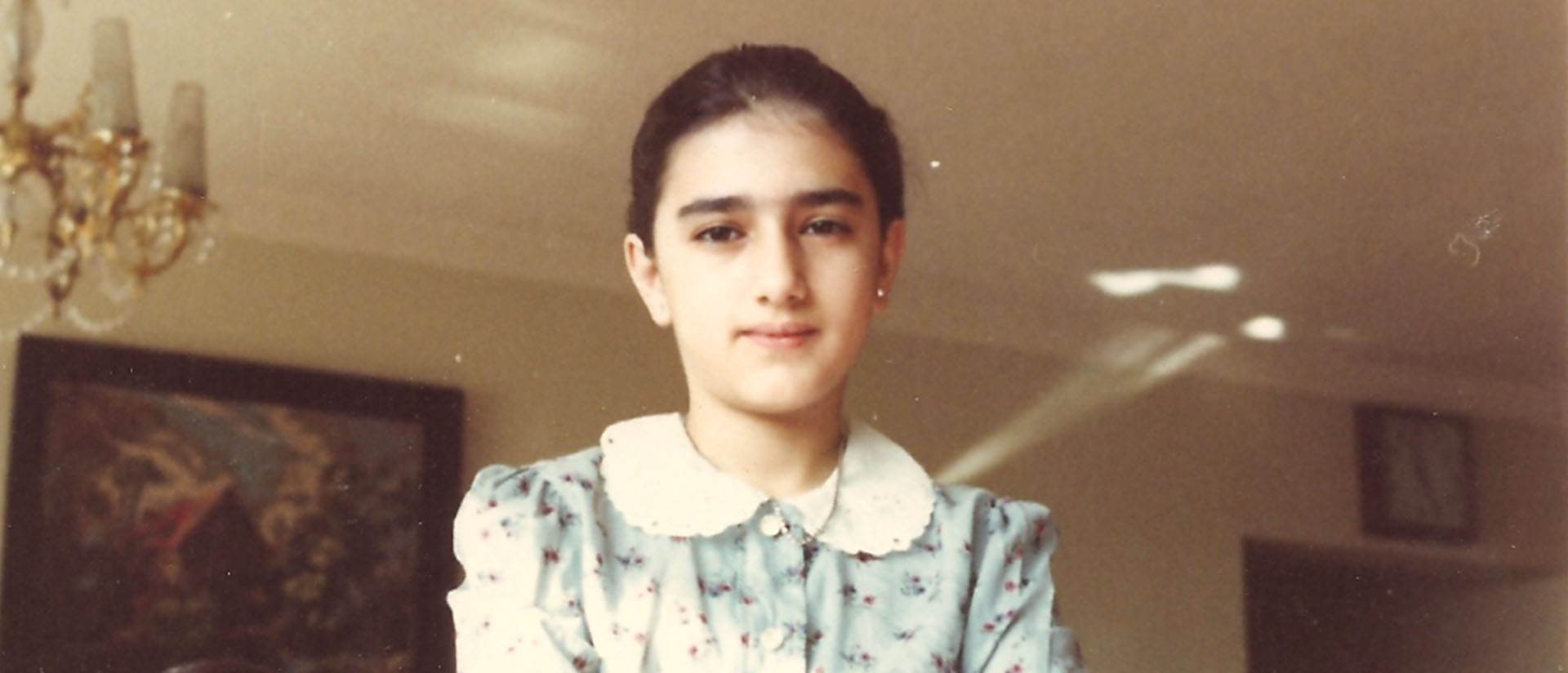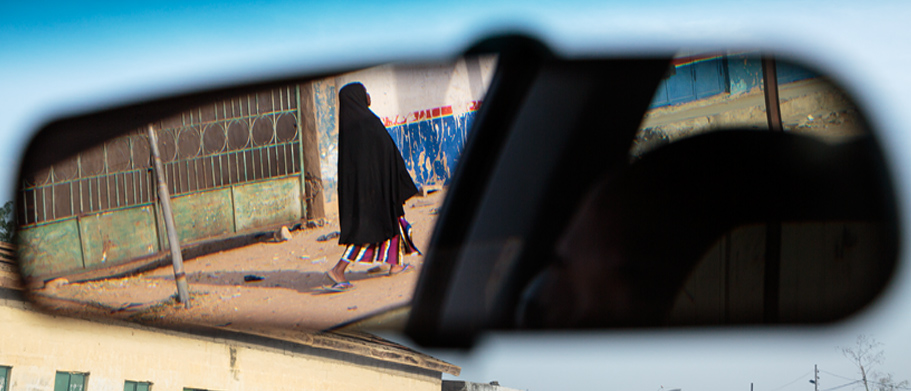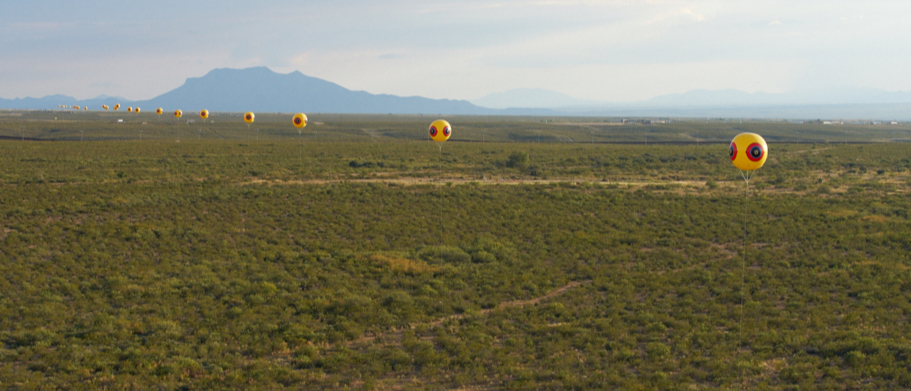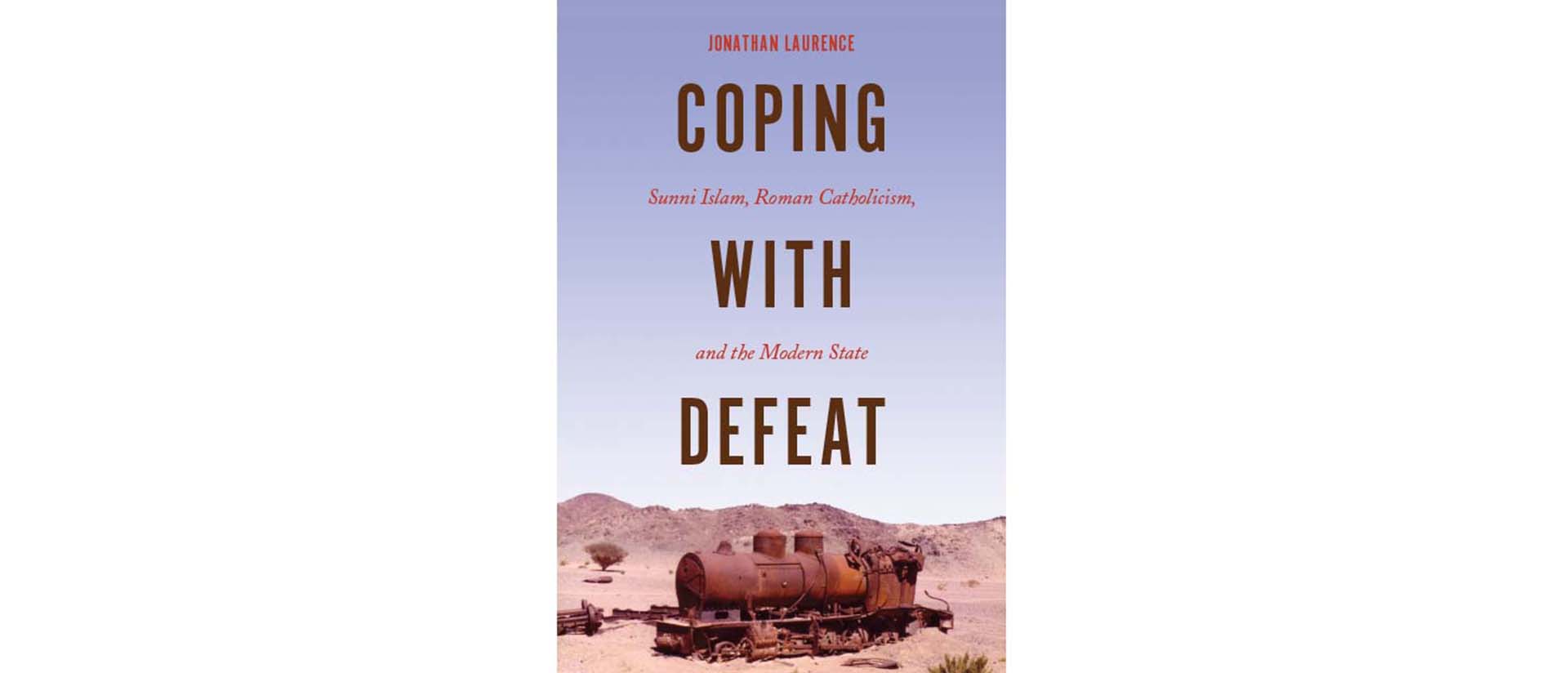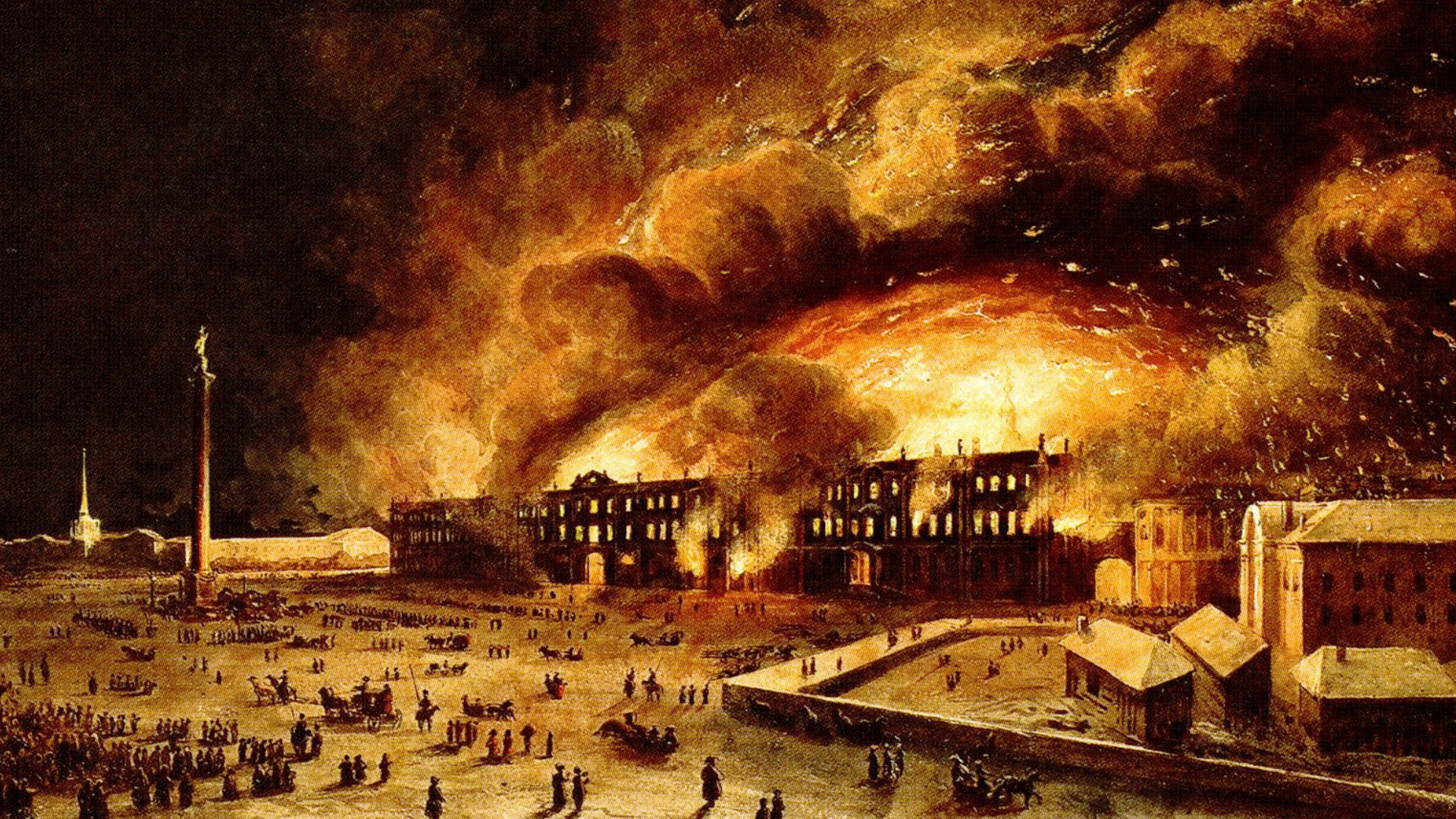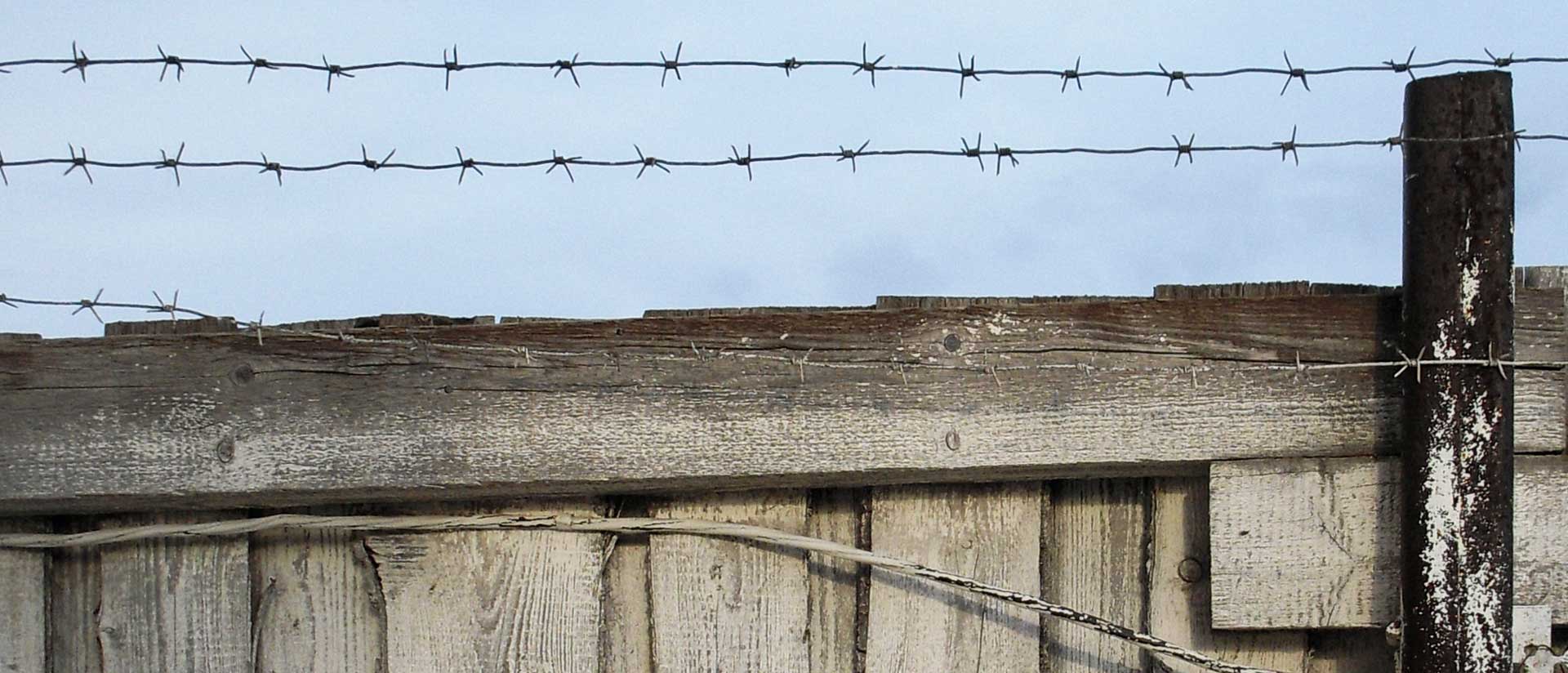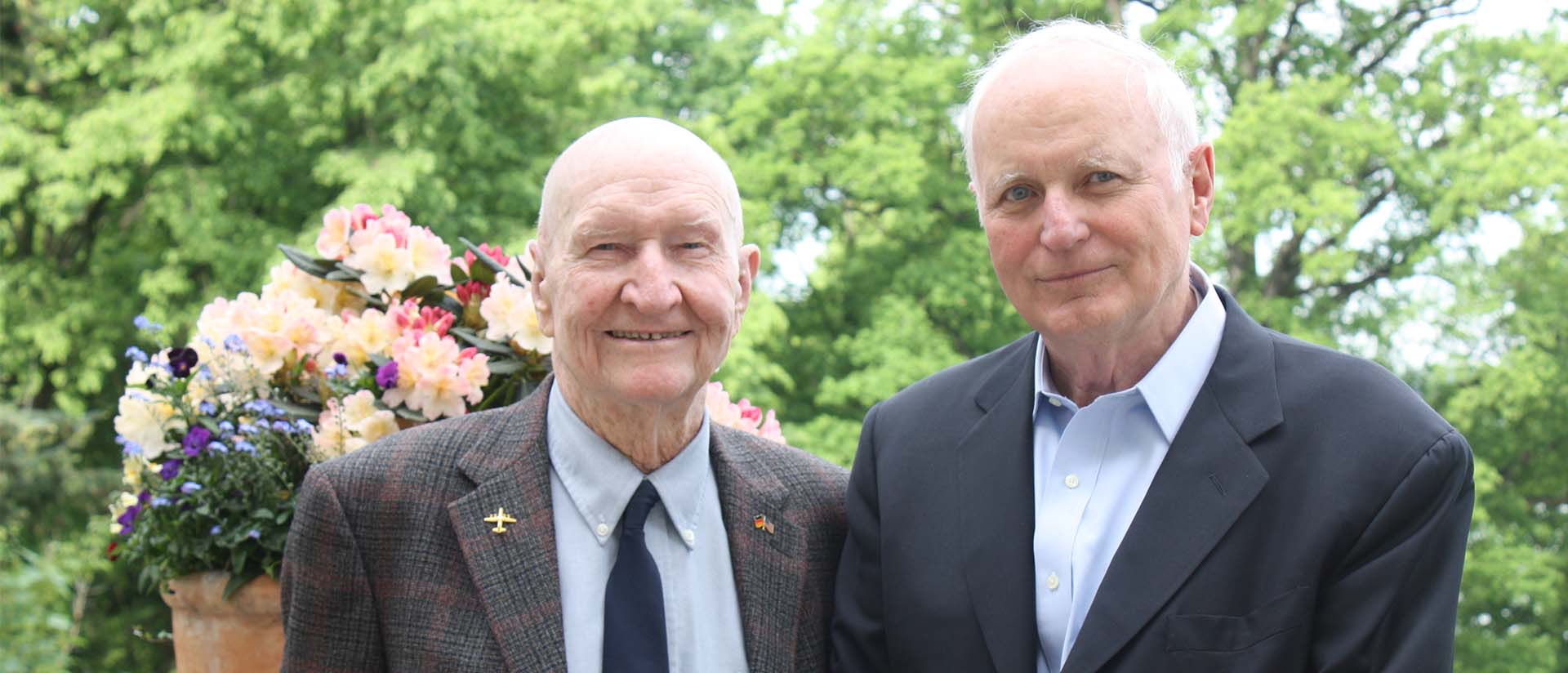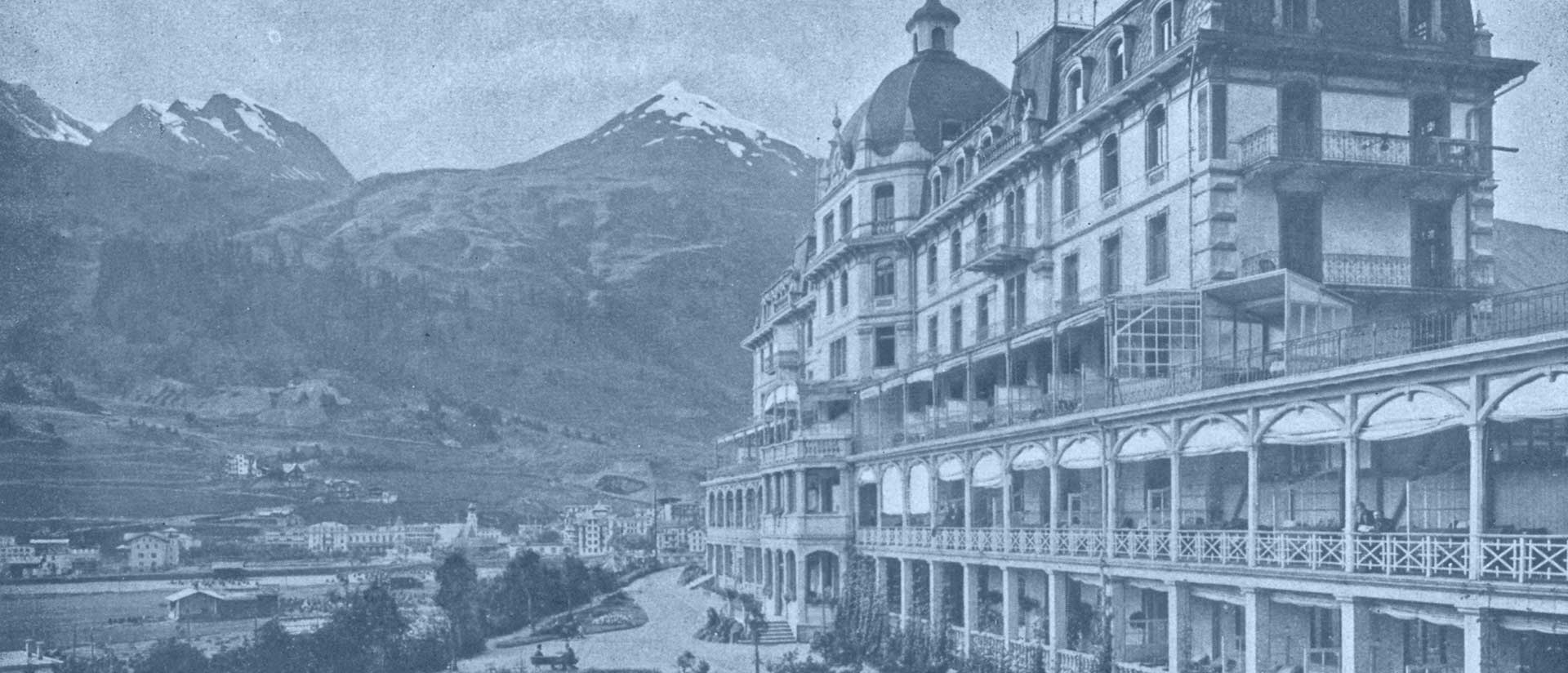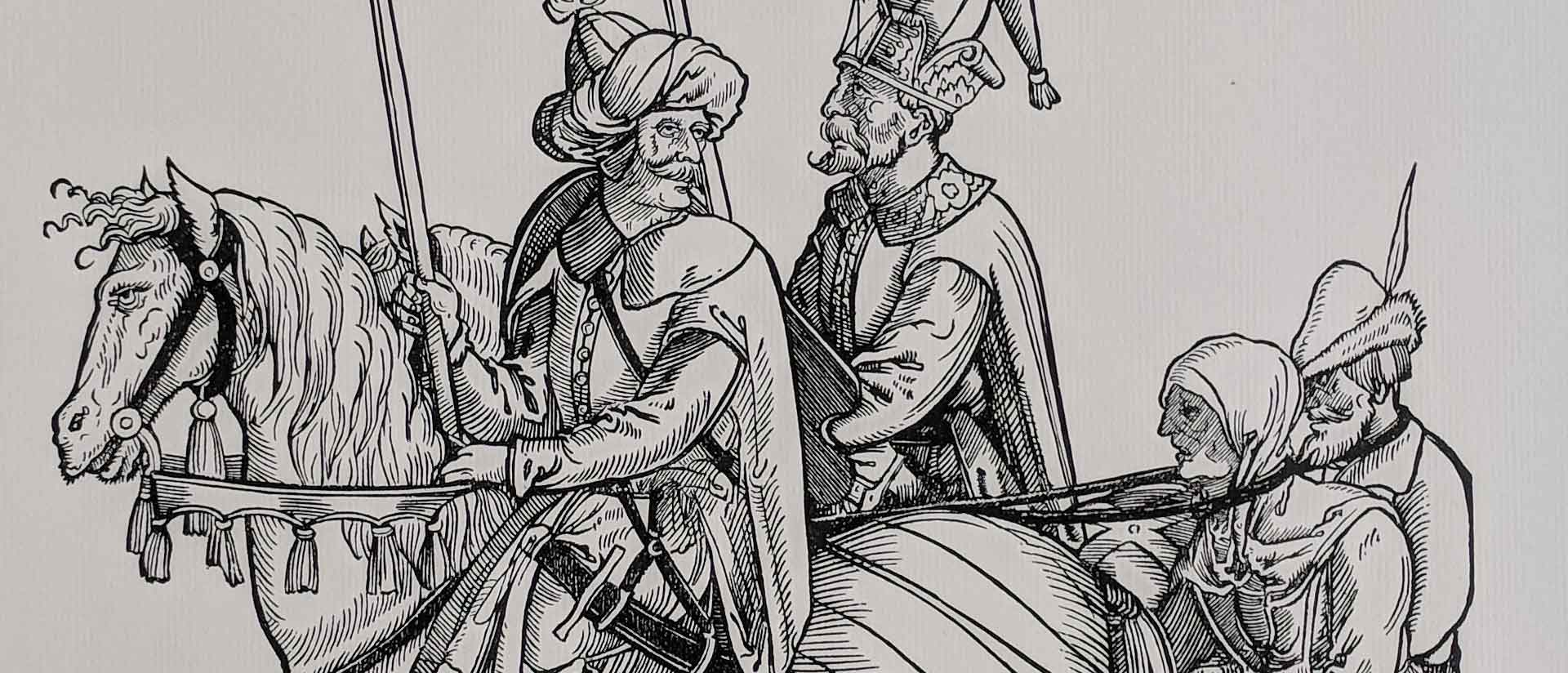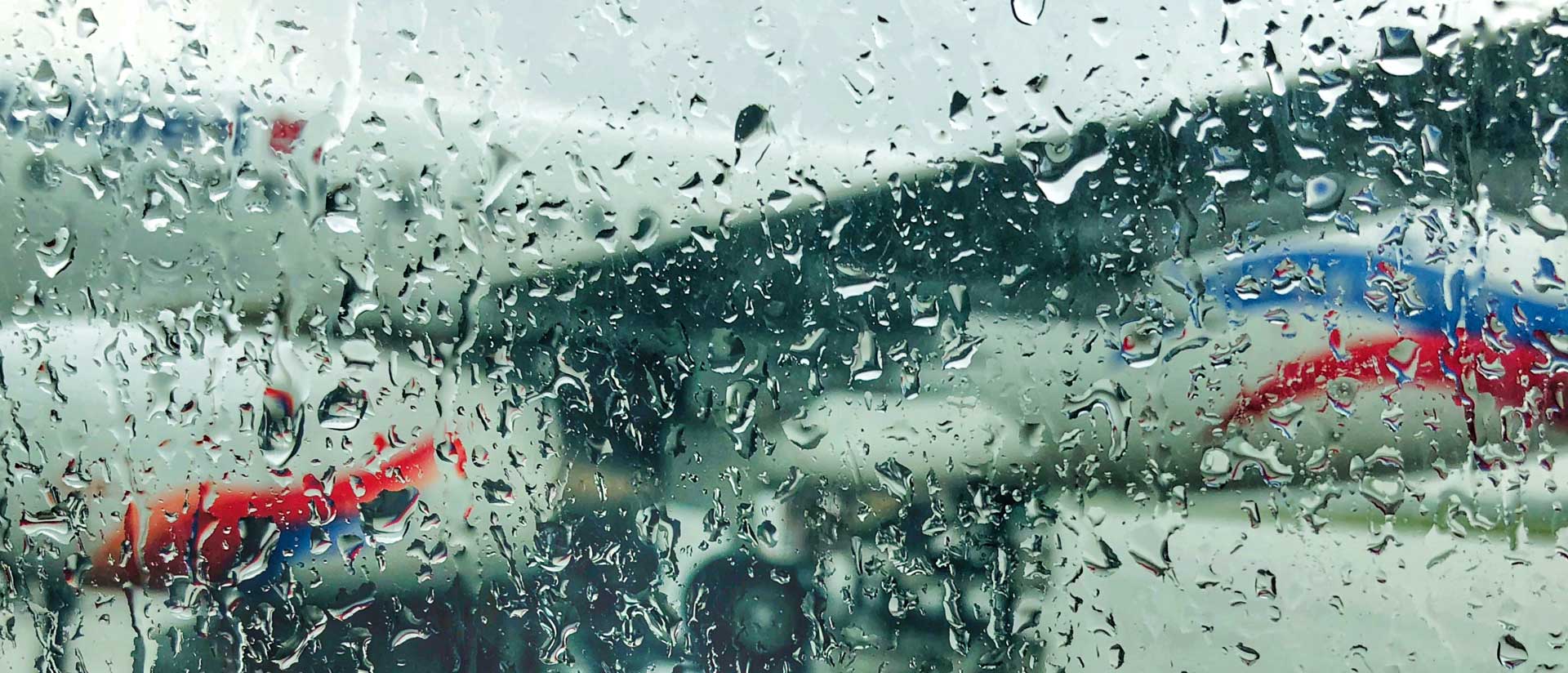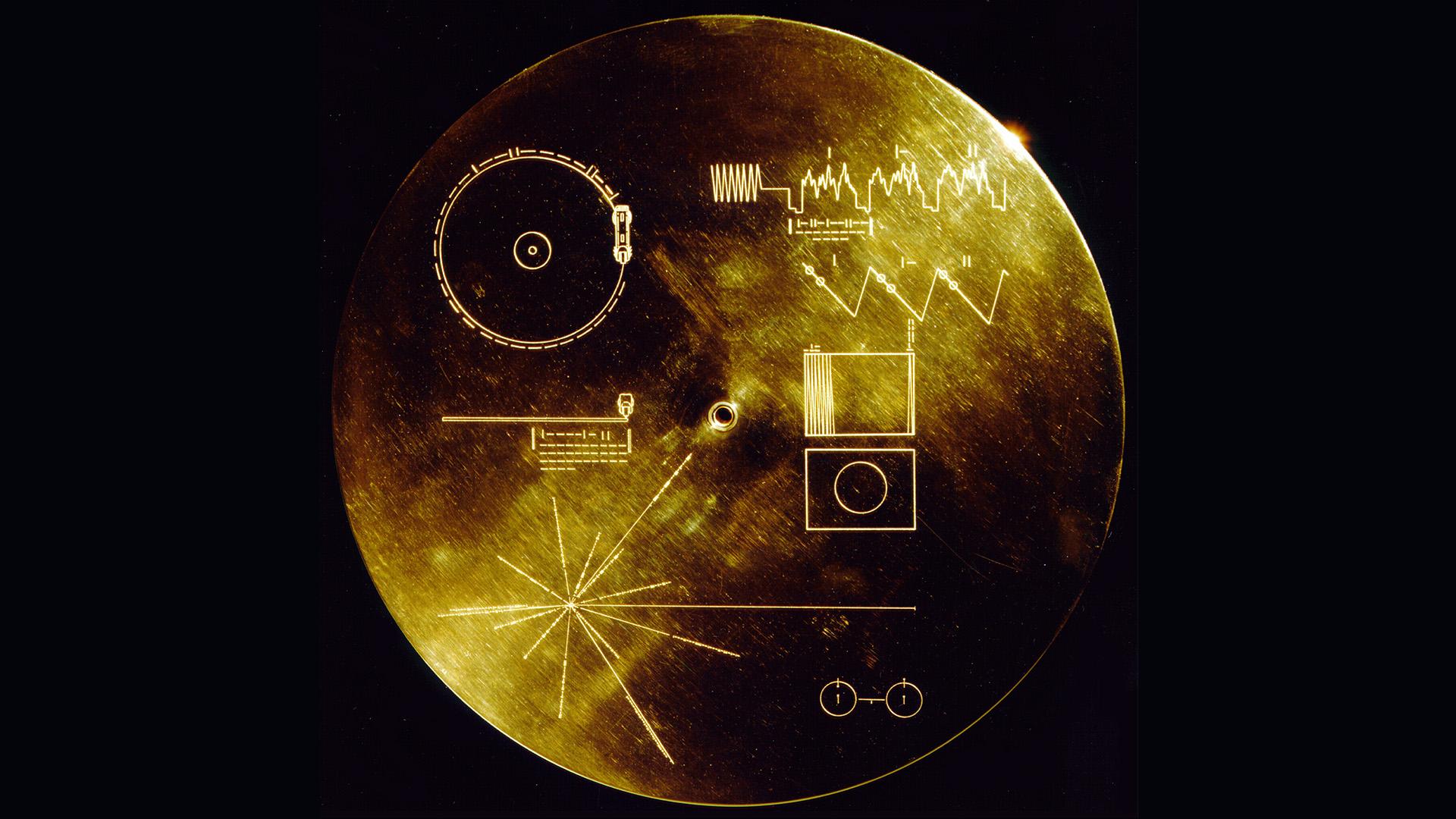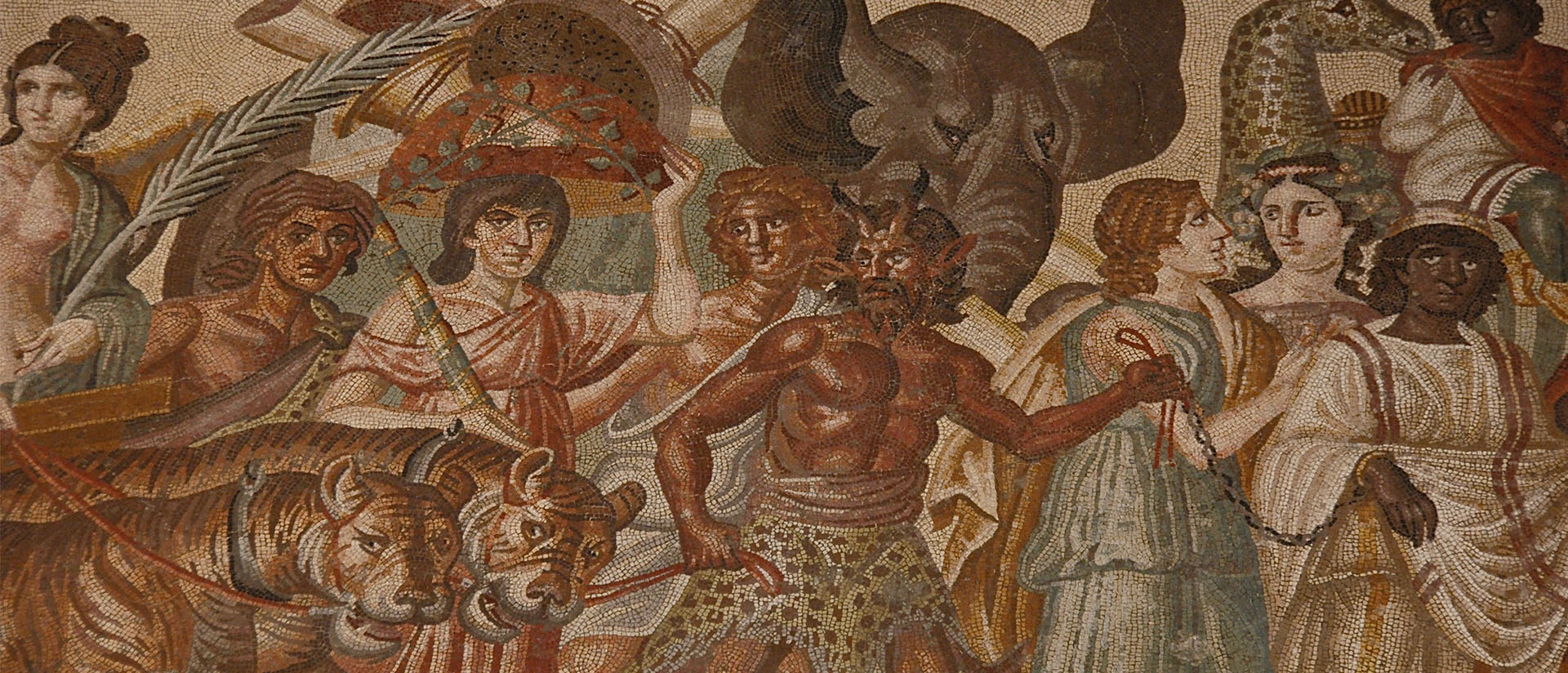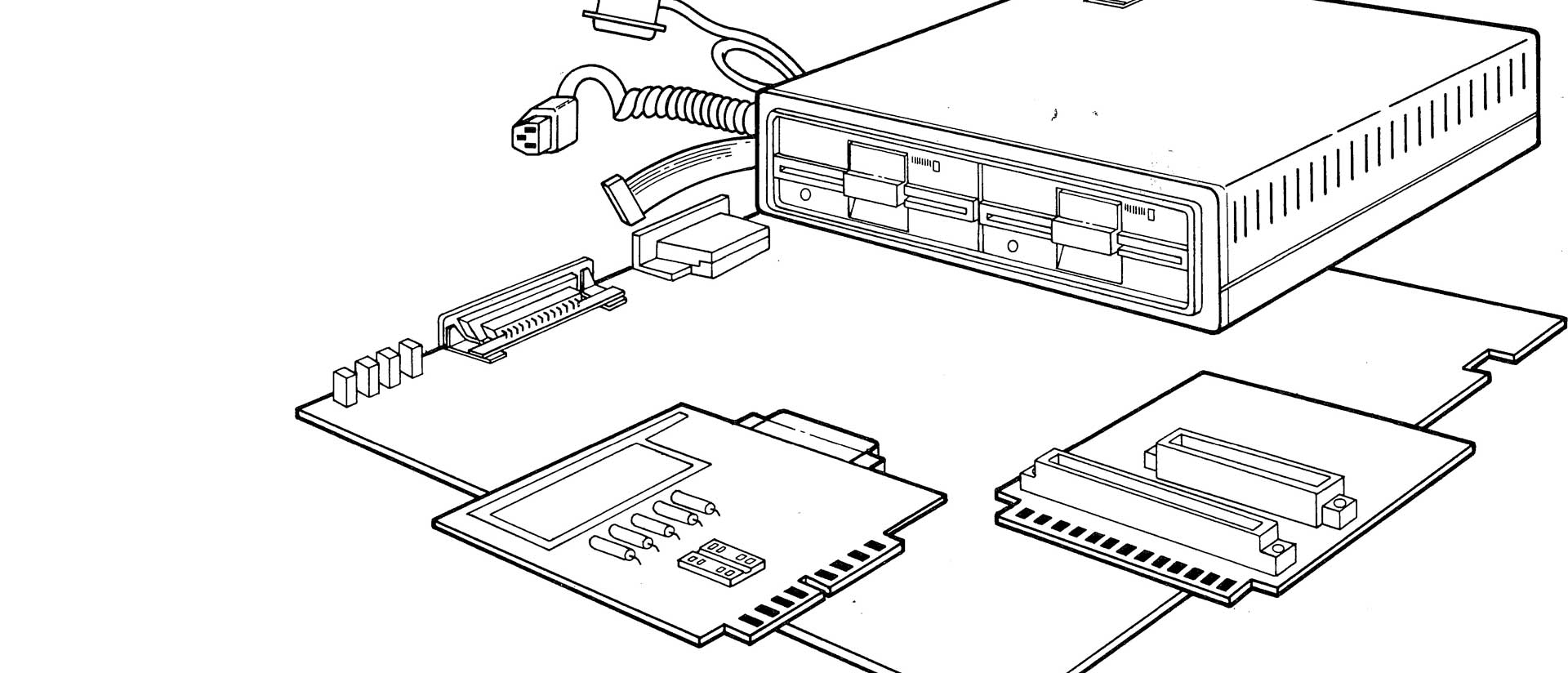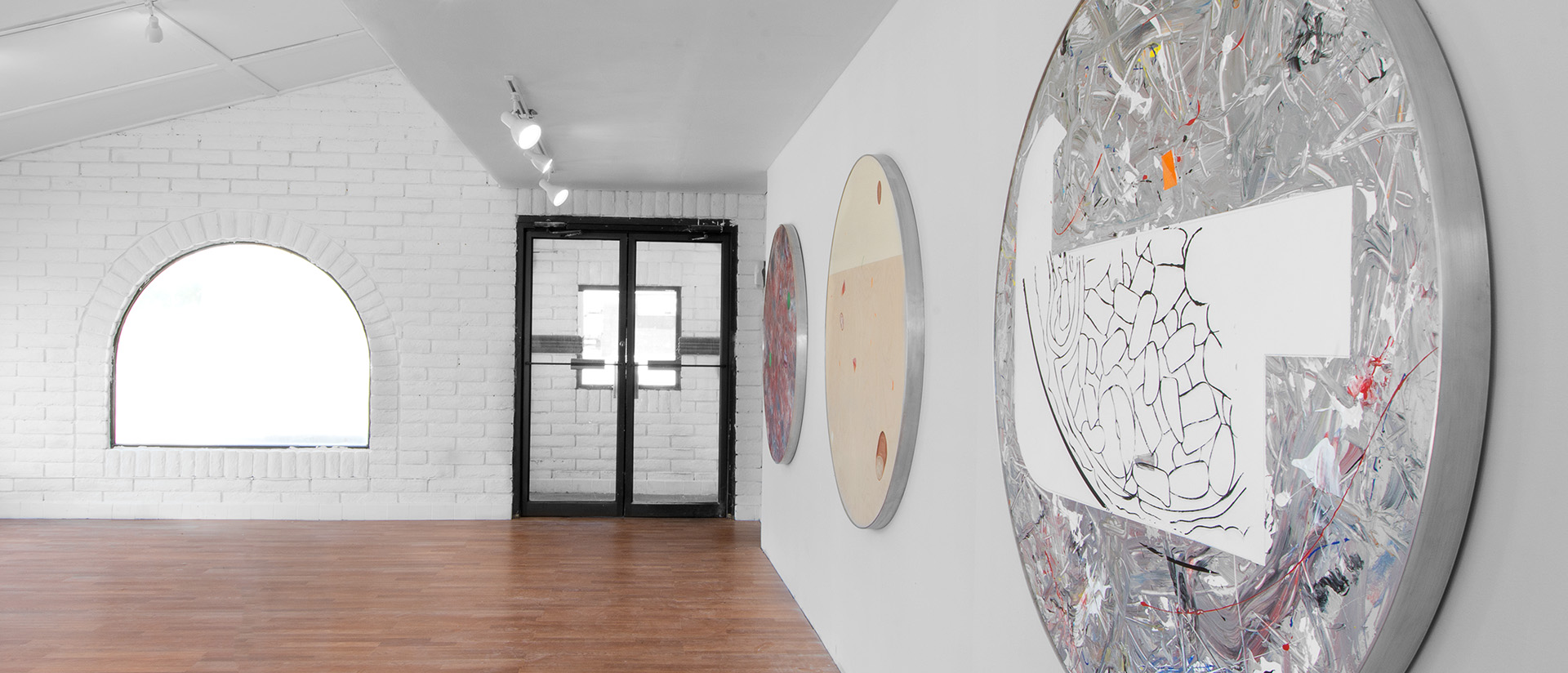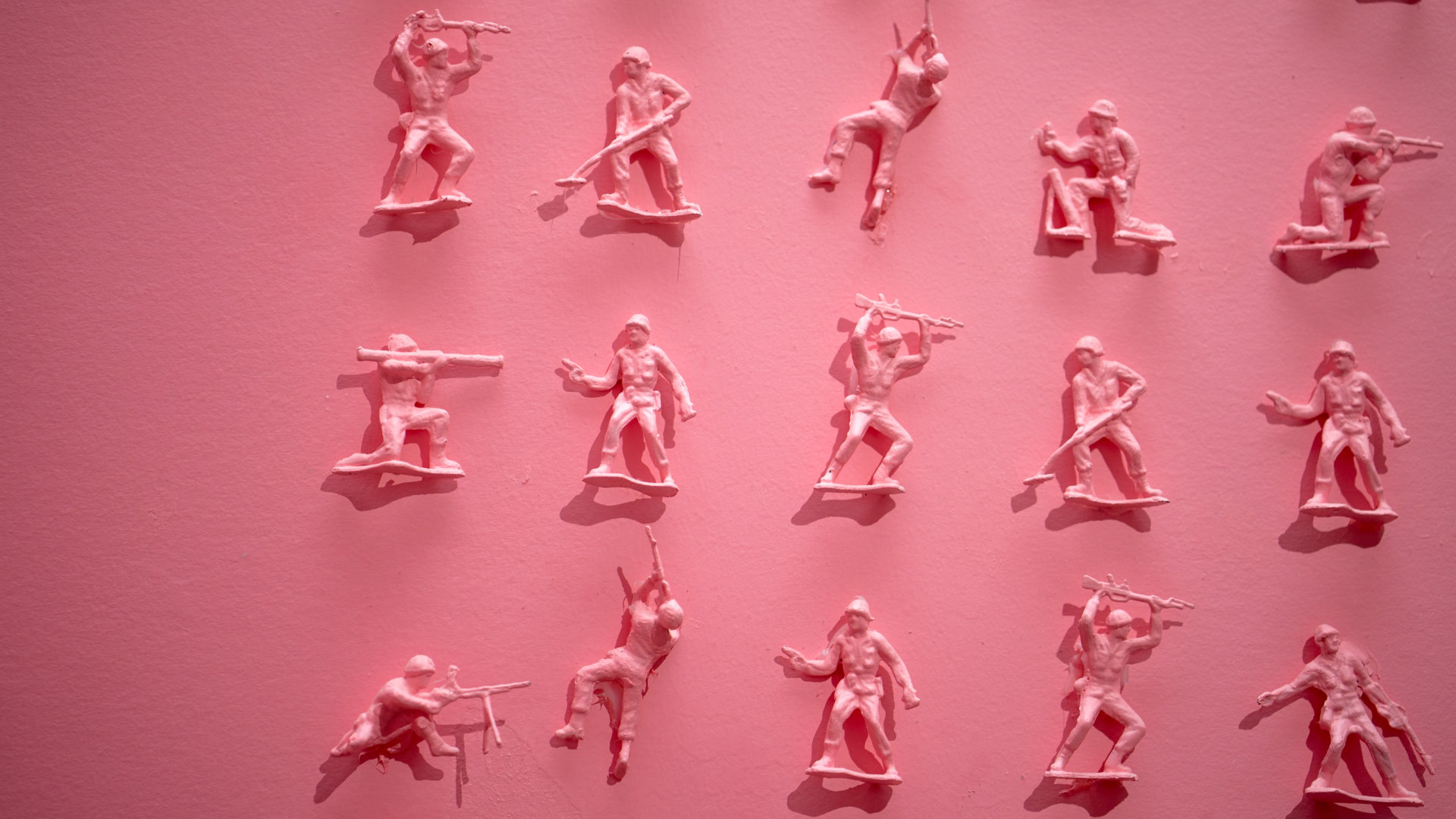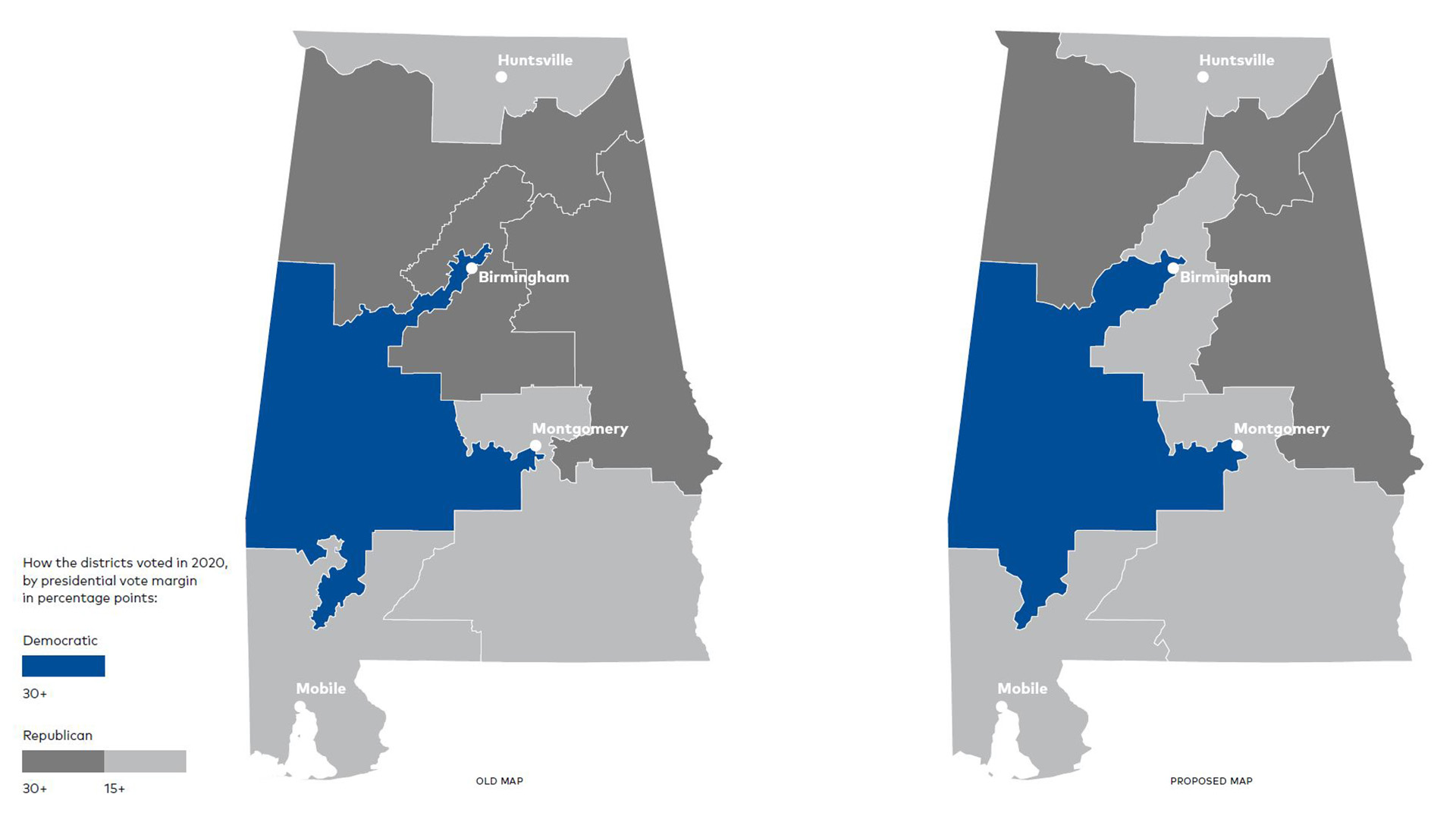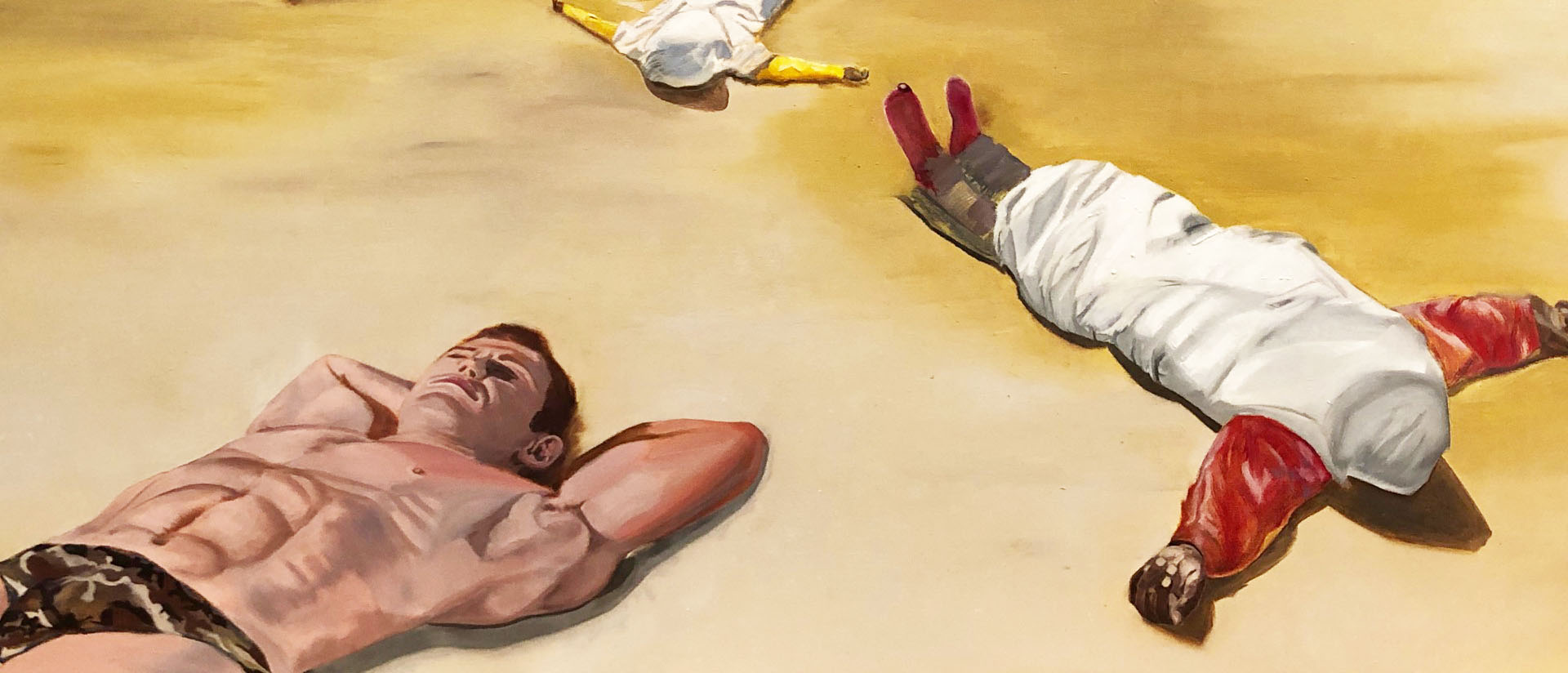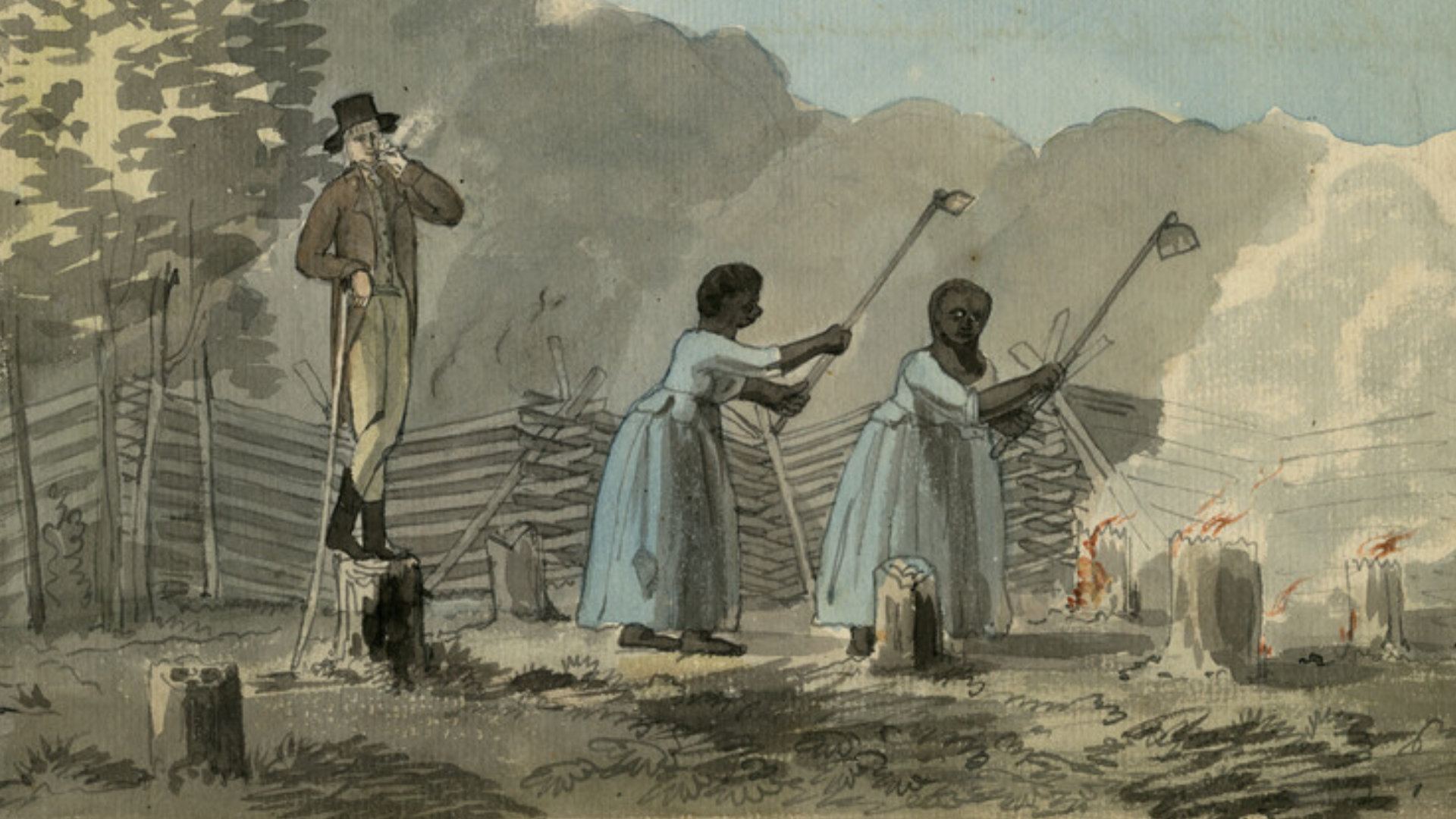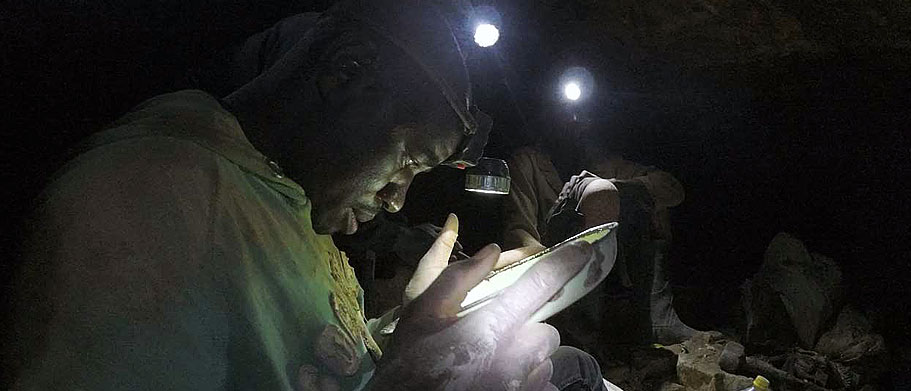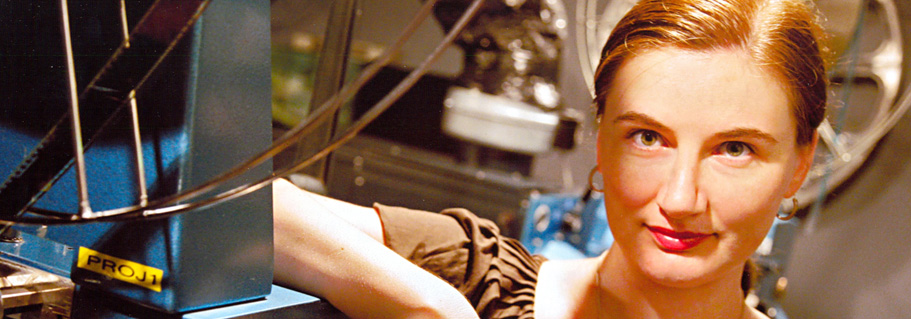
Delivering
by Tom Franklin
You’re thirty-two years old and delivering pizzas.
Your manager is twenty-one.
Your co-deliverer, let’s call him Dave, is late fifties and gray, bushy eyebrows and unshaven and untucked shirt with an explosion of gray hair at his unbuttoned collar. Always a Razorbacks cap, because this is Fayetteville, Arkansas. Dave doesn’t like you because, among other things, you’re a graduate student and he’s a lifer.
You stand in the hot little back room of Pizza Hut folding pizza boxes out of brilliantly designed pieces of cardboard and watching the television monitor that gives the address of the next delivery. Whichever driver’s at the monitor gets it. Next guy in gets the next delivery and so. Sometimes they stack up, three, four, five addresses in a row, and you’ve noticed that Dave often takes ones lower down the line, out of order. You start to look for a pattern, and, after you’ve been delivering for a few weeks—
You’re terrible at it, though.
Delivering. This has to be said. You have no sense of direction. You wind up and down the nauseating mountains around Fayetteville with two, three, four pizzas cooling in their padded carrier on the seat beside you. You contemplate being a thirty-two-yearold grad student, that Dave hates you for it. He sees you as a young punk born with a silver spoon in his mouth, all that. Never mind that that’s as far from the truth as you are from the present address clenched in your fingers, the wrongly numbered mailboxes clicking past. Unaware of student loans, you paid for your own college, nine years for a BA in English, working at a warehouse (three months), at a factory that made sandblasting grit (four years), a chemical plant (three years), you worked first, second, third shifts, doubles, triples, you commuted.
You’re terrible at it, though. Delivering. This has to be said. You have no sense of direction.
You did time in offices, gas stations, automotive repair shops, in a hospital morgue as well as delivering—but that’s another story—for the Epicurean Dinner Club . . . You once took five classes while working eighty hours a week, got four A’s and a B. And now, at last, you’re where you were meant to be in the Master of Fine Arts writing program at the University of Arkansas. You’ve met the woman you’re going to marry, have made good friends, have never been happier. You’ve put your writing first, for the first time in your life, and you’ve realized that the series of jobs you worked in your twenties have provided you a writer’s education, which differs from the academic one the University of Arkansas is giving you.
Summers, though, when cash is slow, you find yourself broke enough to venture out into the unspooling streets of Fayetteville, the pizzas ever cooler, about to call the Hut for directions, again, to be told, again, how to get there and then stand, again, with a tepid Large Everything, facing the face that says No tip, buddy, and hearing that eternal question: “Ain’t it free if it ain’t here in thirty minutes?”
“No,” you grumble. “That’s Domino’s. Or was. They quit doing it because pizza drivers kept getting killed.”
Is this true? Maybe.
Back in the car, back on the road, back into the Pizza Hut parking lot where Dave’s Dodge pickup sits there chugging. There’s another thing about Dave. He has this youngish wife and this toddler daughter. You know this because they come to work with him, show up at eleven each day and sit there, in the truck, as Dave goes in for his first delivery. Then they ride with him as he delivers and ride back and sit waiting in the truck with the windows open as he pushes inside the flapping gray back door and emerges a few moments later with another box.
This is against the rules—ridealongs—but nobody, Roger the manager or the twenty-one-year-old shift manager Rick, or you—says anything. One of the perks of working at Pizza Hut is that you get a meal each shift. Whatever you want, within reason. At some point, a lull in deliveries, Dave will order three personal pan pizzas for him and his family. And breadsticks. They’ll drink fountain sodas and sit there on the Dodge’s bench seat and eat facing forward, listening to the Cardinals. The girl reads sometimes, but the mother and wife, she just sits.
You pass them, not making eye contact, as you push back into the Hut, your padded delivery container cold. Dave’s there watching the empty screen. Rick, the shift manager, long black ponytail, thin, is trying to get Dave to form boxes out of the stacks of cardboard on the shelves.
You cash in and come to the back and excuse yourself past Rick and begin making boxes. Rick gives you a grateful look, and Dave shoots you one that says, “You’re a kiss-ass little college prick.” Truth is, you like making boxes, the quick progress and product, faster the more expert you become. One thing you’ve always found to be true, when writing stories, is that when you’re in the middle of figuring something out—a plot point, a character trait—any small, real-life accomplishment helps. A crossword puzzle, filling the recycling bin, making a pizza box, they all feel like a kind of progress; also, mindless handwork somehow frees your mind to find its own answers, fold its own boxes.
But not now. Now, as your fingers crimp and tuck, Dave and Rick engaged in a staring match, four addresses appear on the television.
“Watch it,” Dave says as he steps past Rick, closer to the screen, and squints through his bifocals.
“102 Olive,” he says, going to the ticker and tearing off two tickets, the first and third.
You say, “That’s out of order.”
He barely looks up. “So?”
“What’s the logic,” you say, perhaps the wrong way to phrase it, “in you taking whatever address you want?”
“The logic,” he says, looking over his glasses at you, “is that I’m faster than you.”
“What he does,” you tell Rick, “is take the addresses with the best tippers.” You hate how your voice sounds, like a tattletale, and that the authority figure you’re tattling to is a decade younger than you are and the peer you’re tattling on is twenty years older and getting mad. And how can you blame him? With his family out in the truck, waiting, living on tips, and here you come, hot shot, grad student, challenging him with logic.
“Well?” you say to Rick.
“Dave,” he says, “that’s really not fair.”
“Fair?” Dave says, looking from me to Rick and back.
Dave doesn’t know now that he’ll be fired in a year or so for a scam he’ll perpetrate, a selection of coupons he’ll apply to a customer’s payment, pocketing the difference. You, you’ll graduate and with your new MFA move on up to being a receptionist at the Best Western Inn & Suites just off the interstate. Second shift, weekends. You’ll find you’re not suited for that type of work either.
But now:
“Fair?” Dave says again.
You could play the wife and child card. How they’re outside right now, against the same Pizza Hut Policy Machine that demanded you shave your beard. But if you did that, went and opened the back door to where they sat, patient as a photograph, said, “Ride-alongs are against the rules,” what would happen then? Where would they go? The truth is, you’re not entirely sure if the truck’s not their home.
So pull off your Pizza Hut cap and shirt and stand there in your T-shirt. Somehow it feels right and even a little heroic. You say it. “I quit.”
Somehow it feels right and even a little heroic. You say it. “I quit.”
And you walk past Rick, who folds his arms, betrayed. Shaking his head, Dave is already looking back at the screen as more addresses appear. He’ll get them all now.
You walk outside into the cool mountain air and nod to Dave’s wife and child confined in their truck as some Redbird hits a liner up the middle. That’s how you feel. You just got a hit. Not a homer, or even a double, but that great sweet-spot bonk as the baseball zings off your bat past the shortstop’s glove and you’re racing toward first.
You get in your Nissan and crank it up. Well, you suppose, shifting into reverse, shouldn’t every writer walk off at least one job? Won’t you grow via experience, deepen into a deeper man? Certainly these cold pizzas will wind up in a story somewhere, sometime. □
Writer Tom Franklin is Associate Professor of English at the University of Mississippi and the Mary Ellen von der Heyden Fellow in Fiction in fall 2016. This short story first appeared in Don’t Quit Your Day Job, ed. Sonny Brewer (M P Publishing Ltd., 2010). Reprinted by author’s permission in The Berlin Journal 30, Fall 2016, pp. 56-57.


